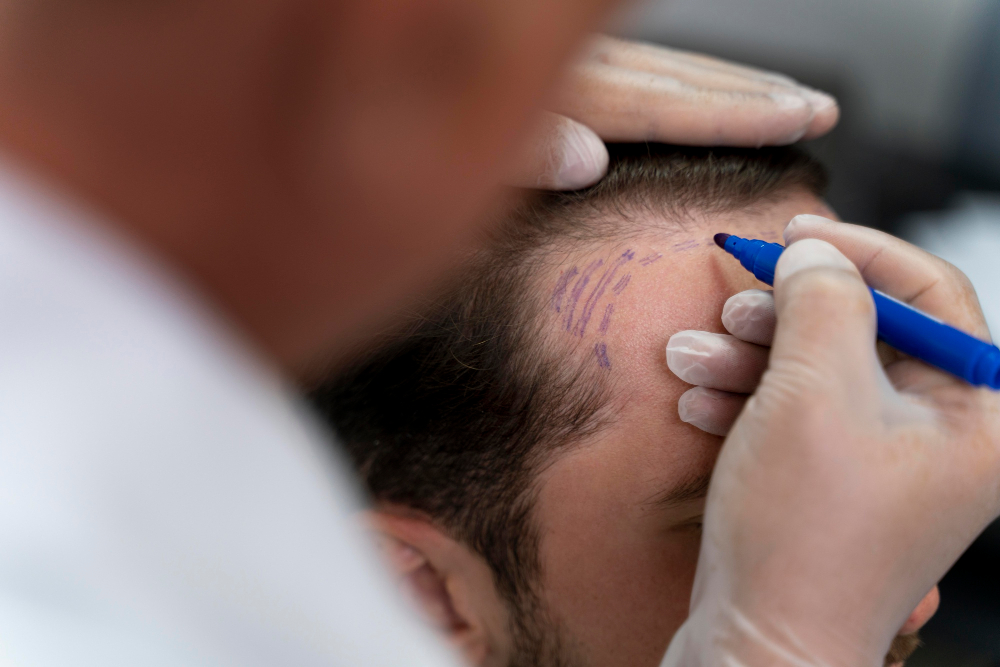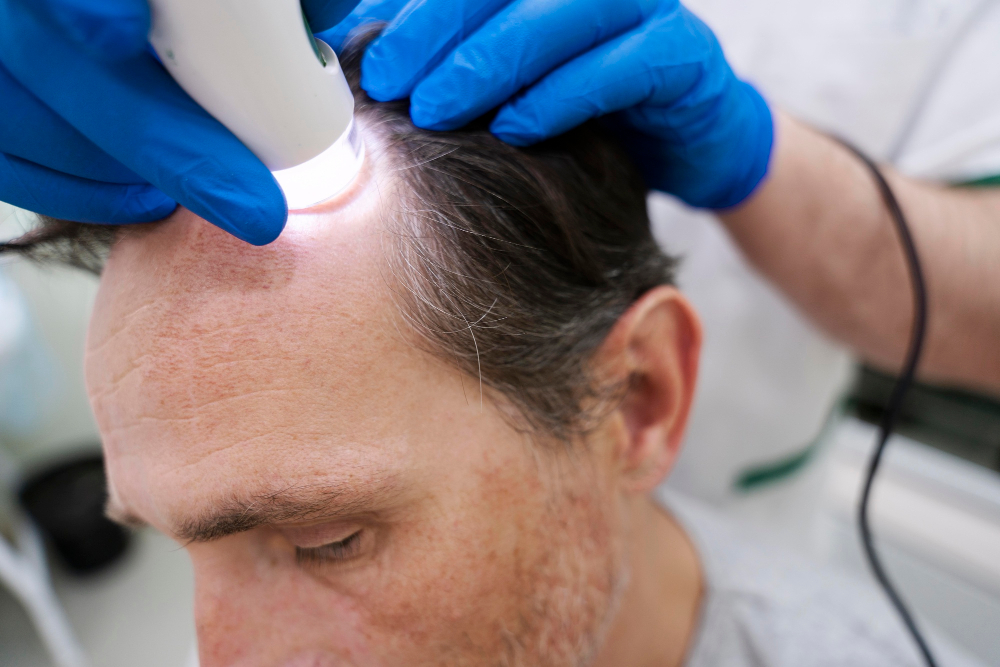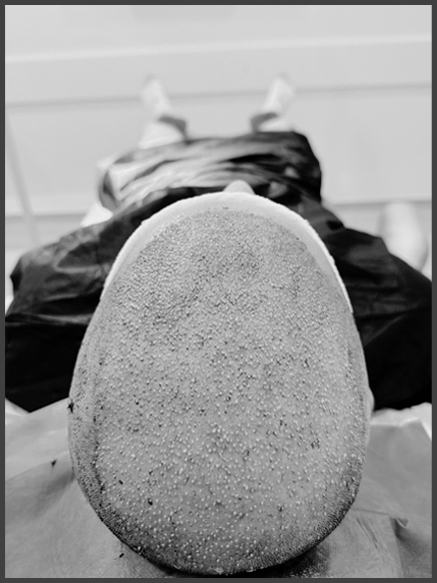Hair thinning can be an unsettling experience, whether it develops gradually or appears suddenly. For many people in the UK, hair loss can affect confidence, self-image, and overall well-being. Fortunately, modern advancements now offer reliable, evidence-based solutions. With access to expert care and personalised treatment plans, patients no longer have to accept hair loss as inevitable. At Want Hair Ltd, individuals can access trusted support from experienced professionals who deliver advanced hair loss treatment solutions in London.
Understanding Hair Thinning and Hair Loss
Hair loss can affect anyone, regardless of age or gender. Common causes include genetics, hormonal changes, stress, medical conditions, and lifestyle factors. Early assessment by a qualified hair loss specialist is essential to identify the underlying cause and determine the most effective treatment pathway.
By adopting a tailored hair loss treatment approach in the UK, patients can address hair thinning at its source and achieve better long-term outcomes.
Expert Hair Loss Treatment for Men
Male pattern baldness is one of the most common hair concerns seen in clinics. Hair loss treatment for men focuses on strengthening existing follicles, slowing further loss, and promoting regrowth where possible.
As a trusted male hair loss treatment, modern therapies support visible improvement in density and texture. Many men also experience encouraging hair regrowth when treatment is started early and guided by specialist care.
Advanced Hair Loss Treatment for Women
Hair loss in women often presents differently, with diffuse thinning rather than receding hairlines. Hair loss treatment for women requires a precise and sensitive approach to restore hair health while maintaining a natural appearance.
As an effective female hair loss treatment, specialist-led solutions help women manage shedding, improve scalp health, and gradually restore fuller hair with confidence.
The Role of a Hair Loss Specialist
Successful outcomes depend on accurate diagnosis and expert delivery. A qualified hair loss specialist assesses scalp condition, hair density, medical history, and lifestyle factors before recommending treatment.
At Want Hair Ltd, each patient receives a bespoke hair loss treatment uk plan designed to deliver safe, realistic, and sustainable results.
Choosing a Trusted Hair Loss Clinic in London
Selecting the right clinic is critical to achieving practical results. A reputable hair loss clinic in London offers advanced technology, experienced practitioners, and transparent patient care.
London has become a leading centre for hair restoration, with patients also travelling from across the UK to access expert care at recognised hair loss clinics.
What to Expect from Hair Loss Treatment in London
Hairloss treatment in London begins with a detailed consultation, followed by a tailored treatment plan. Most non-surgical treatments involve minimal downtime, allowing patients to return to regular routines quickly.
For individuals experiencing hair loss in London, expert clinics provide discreet, professional care with ongoing support throughout the treatment journey.
Is This the Best Hair Loss Treatment UK Patients Can Choose?
Modern treatments are highly effective, particularly when combined into a comprehensive plan. Many clinics integrate multiple therapies into a holistic hair loss treatment approach.
When overseen by experienced professionals, this integrated care is often considered the best hair loss treatment in the UK, delivering natural-looking, long-term improvement without invasive surgery.
Why Choose Want Hair Ltd?
Want Hair Ltd is known for its patient-focused approach and commitment to evidence-based care. Every treatment plan is overseen by an experienced hair loss specialist, ensuring safety, transparency, and realistic expectations.
Whether you are seeking expert advice from a trusted hair loss clinic in London or exploring advanced options with a leading hair loss clinic in the UK, Want Hair Ltd offers comprehensive care tailored to individual needs.
Conclusion
From early thinning to advanced solutions, expert care makes all the difference in treating hair loss. With personalised treatment plans, professional guidance, and access to proven therapies, patients can achieve noticeable and lasting improvement.
If you are experiencing hair loss in London and seeking professional support, Want Hair Ltd provides trusted hair loss treatment services designed to restore not only your hair but also your confidence. With the right expertise, effective hair restoration is well within reach.


